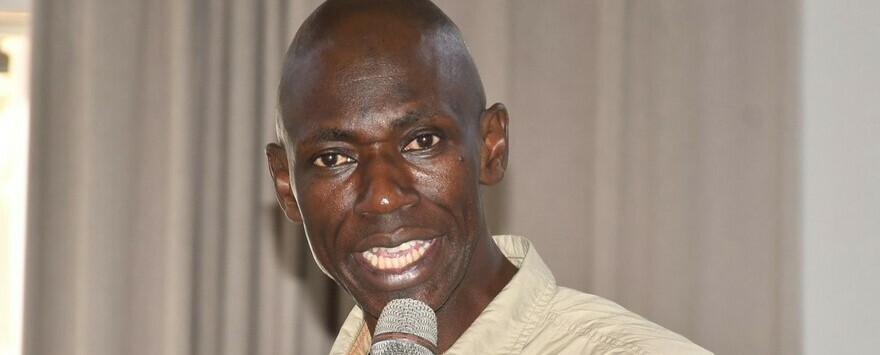A stark warning has been issued by civil society activist Edmund Yakani, the Executive Director of the Community Empowerment for Progress Organization (CEPO), regarding the escalating intercommunal conflicts and their potential repercussions on the scheduled elections in December this year.
Addressing provincial bishops of the Episcopal Church of South Sudan on Friday, Yakani highlighted the alarming rate at which communal conflicts are spreading across the nation, expressing deep concern over the possibility that the elections may be jeopardized if the current trend of communal violence persists.
“If the political leadership fails to make crucial decisions, the elections will be at risk. Throughout my meetings, I have consistently called for political leaders to engage in meaningful political dialogue,” he said.
The activist asserted that these conflicts, once viewed as communal issues, have now evolved into politically motivated challenges. Yakani pointed out that some instigators of these conflicts are located in the capital city, Juba, while others operate from the diaspora.
“They (Kiir and Machar) should commence discussions following the president’s meeting, and then proceed with political parties’ dialogue to address pending issues such as the inclusion of forces, constitutional matters, population census, and the incorporation of newly established constituencies under the law. These issues are crucial for progress,” he said.
“Moreover, I believe it’s imperative for the current political leaders to contemplate what their plan of action would be if, by December 2024, there are no elections and no extension. What steps will they take? My message to religious leaders was clear: the solution lies in forming a technocratic government through inclusive political dialogue, which would address the concerns of holdout groups, as expressed in Rome, who have called for a national round table discussion,” he added.
The activist raised these concerns in response to a series of conflicts erupting across the country, particularly in the Abyei Administrative Area, Unity, Warrap, Western Bahr el Ghazal, and Unity states. He also appealed to religious leaders in South Sudan to take proactive steps and intervene in the matter.
“I have emphasized to the religious leaders the need for them to act as influential figures in society, drawing on the church’s historical role in nurturing the Comprehensive Peace Agreement (CPA) with the slogan ‘let my people choose.’ Specifically, I have urged leaders like His Grace Primate, Cardinal, and Islamic leaders, and I will continue to encourage them to organize events promoting dialogue,” he stated.
“The Catholic Church, in particular, should consider hosting similar events to what the Anglican Church has done today. It is essential for them to take responsibility by advocating for peaceful and democratic elections, allowing the people to exercise their civic rights without undue control of the civic space. I want to emphasize that public trust and confidence in elections depend on the openness of the civic and political space,” explained Yakani.
He further added, “If the media is not free to cover stories from various political parties, if political parties cannot freely associate and assemble, and if civil society is not free to express itself, then public trust in the election process will be undermined. Therefore, I urged them to stand up and actively contribute to protecting the country’s transition through the election process, with a commitment to ensuring free, fair, peaceful, and secure elections.”




